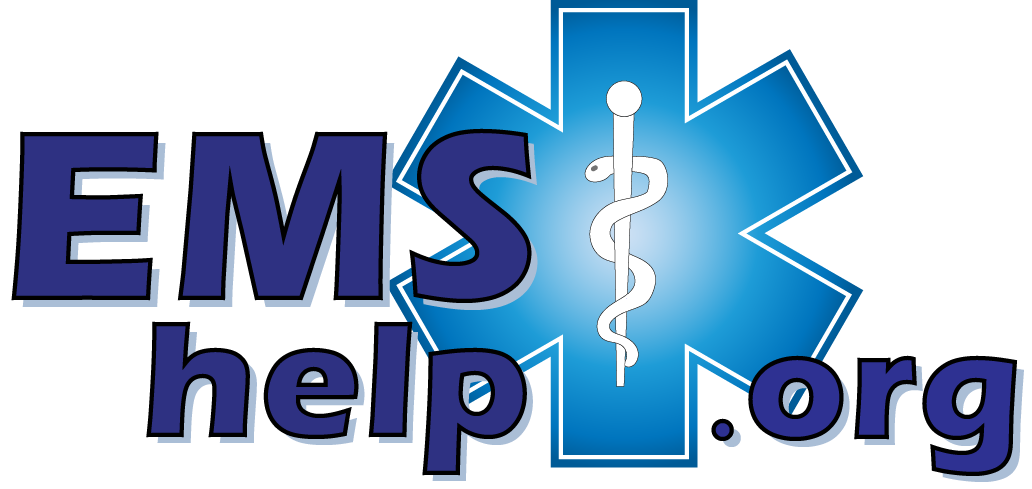Crisis Text Line: Text Home to 741741 for free, 24/7 crisis support in the US
Safe Call Now: 206-459-3020 Safe Call Now is a CONFIDENTIAL, comprehensive, 24-hour crisis referral service for all public safety employees, all emergency services personnel and their family members nationwide
National Suicide Prevention Lifeline at 1-800-273-TALK (8255) for free, 24/7 crisis support in the US
Resilience
Resilience is the process of adapting well in the face of adversity, trauma, tragedy, threats, or even significant sources of stress — such as family and relationship problems, serious health problems, or workplace and financial stressors. It means “bouncing back” from difficult experiences.
Research has shown that resilience is ordinary, not extraordinary. People commonly demonstrate resilience. One example is the response of many Americans to the September 11, 2001 terrorist attacks and individuals’ efforts to rebuild their lives.
Being resilient does not mean that a person doesn’t experience difficulty or distress. Emotional pain and sadness are common in people who have suffered major adversity or trauma in their lives. In fact, the road to resilience is likely to involve considerable emotional distress.
Resilience is not a trait that people either have or do not have. It involves behaviors, thoughts, and actions that can be learned and developed in anyone.
Visit the American Psychological Association for additional information.

